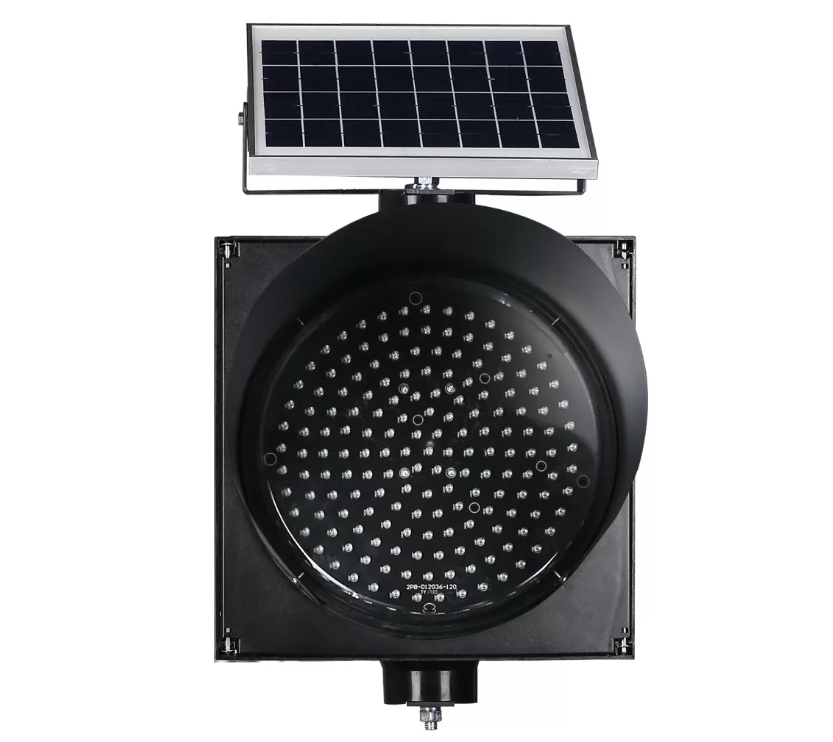Packaging plays a pivotal role in various industries, serving as more than just a means to encase products. It acts as a powerful tool that influences consumer perception, brand recognition, and even sustainability efforts. In this blog post, we will delve into the multifaceted importance of packaging, exploring its impact on sales, marketing, and environmental considerations.
- Enhancing Product Appeal:
Packaging serves as the first point of contact between a product and a consumer. It has the ability to captivate attention, convey brand values, and create a lasting impression. The design, color scheme, and materials used can evoke emotions, establish a sense of quality, and differentiate a product from its competitors. By investing in visually appealing packaging, companies can significantly enhance their product's appeal and increase the likelihood of purchase. - Communicating Information:
Beyond aesthetics, packaging acts as a vehicle for conveying vital information to consumers. It provides details about product features, usage instructions, nutritional facts, and safety warnings. Clear and concise packaging design ensures that consumers can make informed decisions, fostering trust and loyalty towards the brand. Additionally, multilingual packaging allows companies to expand their market reach and cater to diverse consumer needs. - Brand Recognition and Recall:
Packaging plays a crucial role in building brand recognition and recall. Consistent branding elements, such as logos, colors, and typography, create a visual identity that consumers can easily associate with a particular company or product. Memorable packaging design can leave a lasting impression, leading to increased brand recall and the potential for repeat purchases. Effective packaging can also serve as a form of free advertising when consumers showcase branded products to others. - Protection and Convenience:
Packaging serves the practical purpose of protecting products during transportation, storage, and handling. It safeguards against damage, contamination, and spoilage, ensuring that the product reaches the consumer in optimal condition. Furthermore, packaging can enhance convenience by incorporating features such as resealable closures, portion control, and easy-to-use dispensers, enhancing the overall user experience. - Environmental Considerations:
In recent years, the importance of sustainable packaging has gained significant attention. Consumers are increasingly conscious of the environmental impact of excessive packaging waste. Companies that prioritize eco-friendly packaging materials and design contribute to a positive brand image and meet consumer expectations. Utilizing recyclable, biodegradable, or compostable materials not only reduces environmental harm but also aligns with corporate social responsibility goals.
Conclusion:
Packaging is far more than a mere container for products. It serves as a powerful tool for attracting consumers, communicating information, building brand recognition, and ensuring product integrity. By recognizing the importance of packaging and incorporating sustainable practices, companies can enhance their competitive edge, foster consumer loyalty, and contribute to a greener future.





